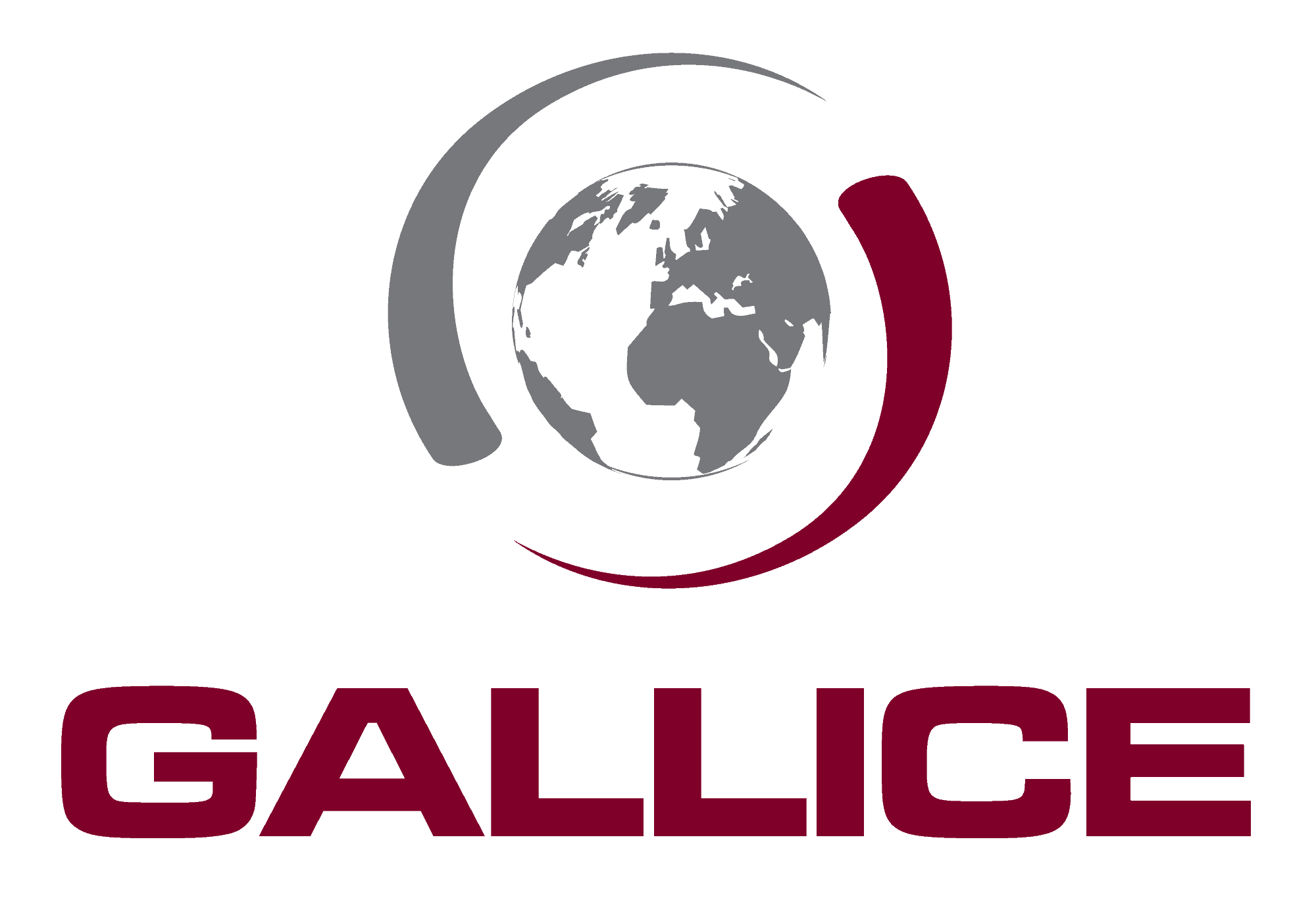MOLDOVA
In 2025, Moldova remains a country under high geopolitical tension due to the war in neighbouring Ukraine, and Russian pressure on its internal affairs. President Maia Sandu, re-elected in 2024, continues her pro-European agenda, including closer integration with the EU and NATO cooperation, which Moscow vehemently opposes.
Internally, Moldova faces major challenges: institutional fragility, widespread corruption, a weak economy, and societal polarisation between pro-European and pro-Russian camps. Russian influence remains significant, particularly in the separatist region of Transnistria and in Gagauzia, a pro-Russian autonomous region in the south.
Transnistria remains de facto under Russian control, with stationed Russian troops and a frozen conflict status. While no fighting has occurred in recent years, the region is a source of constant tension. Russian provocations, cyberattacks, and disinformation campaigns targeting Moldovan institutions have intensified since 2023.
The energy crisis caused by the war in Ukraine and Gazprom's supply cuts has accelerated Moldova’s diversification efforts, with support from the EU. However, the population still faces high energy costs, inflation, and social insecurity.
Politically motivated protests have occurred regularly in Chișinău, often orchestrated by oligarchic or pro-Russian networks. These rallies, sometimes violent, challenge the government's legitimacy and stability.
Security-wise, the risk of armed conflict spilling over from Ukraine is low but not negligible, especially in the event of escalation in southern Ukraine. Hybrid threats (cyberattacks, disinformation, sabotage) are more pressing.
For travellers, Moldova remains generally calm. However, it is advisable to avoid the Transnistrian region, monitor local developments, and remain cautious in demonstrations or political gatherings.
